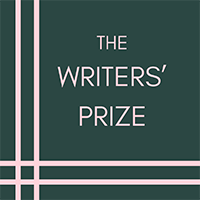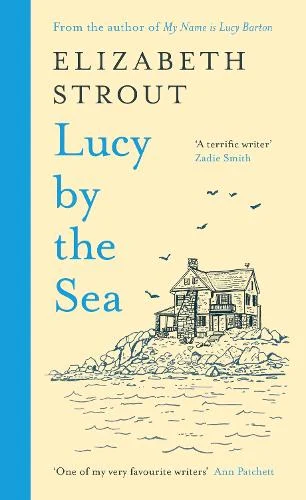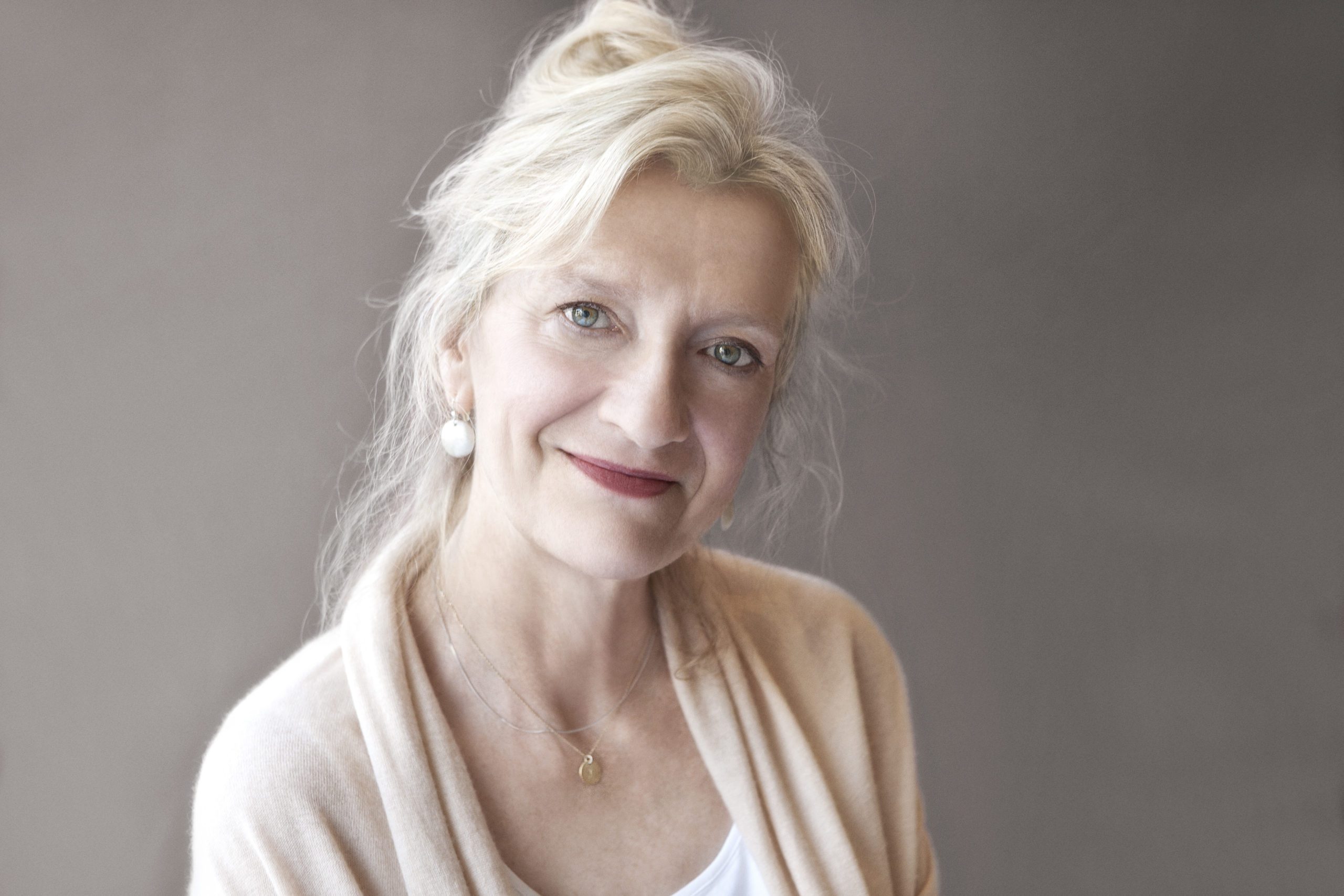Lucy by the Sea
Elizabeth Strout
The Judges said:
A novel that holds so much compassion, truth and grace with such weightless language.
—
In March 2020 Lucy’s ex-husband William pleads with her to leave New York and escape to a coastal house he has rented in Maine. Lucy reluctantly agrees, leaving the washing-up in the sink, expecting to be back in a week or two. Weeks turn into months, and it’s just Lucy, William, and their complex past together in a little house nestled against the sea.
Lucy by the Sea evokes the fragility and uncertainty of the recent past, as well as the possibilities that those long, quiet days can inspire. At the heart of the novel are the deep human connections that sustain us, even as the world seems to be falling apart.
Published by Viking
Elizabeth Strout is the Pulitzer prize-winning author of Olive Kitteridge, as well as Oh William!, which was shortlisted for the Booker Prize, as well as The Burgess Boys, Abide With Me and Amy and Isabelle. She has also been a finalist for the PEN/Faulkner Award and the Orange Prize. She lives in New York City and Portland, Maine.
—
A Brief Q&A with Elizabeth Strout
At what age did you know you wanted to become a writer?
I have no memory of myself as anything but a writer. So I would say I was four years old, just as I was learning to write. I had notebooks and I would write down the things I had seen or done that day.
What was your favourite childhood book?
The Pink Maple House. It was about girls who had nice mothers and nice lives, and then one of the girls moved and got to know Tillie. Tillie was poor and slept on her couch and her mother was not lovely. I remember reading that book so well. Already – apparently – I was interested in class differences.
What is your favourite book of recent times?
A fascinating book by William Harvey called De Motu Cordis, first printed in 1628. He was – according to his bio – the first person to write about the circulation of blood. It has been called by The Classics of Medicine Library “a volume that has been universally recognized both within and without the medical world as being one of the most important books ever published in the history of mankind.” That may be hyperbolic, but I will say it has given me more to think about than any book I’ve read recently.
What three books would you take to your Desert Island?
– War and Peace
– The Stories of Anton Chekhov
– The Collected Stories of William Trevor
What is your ‘if you don’t like this, you can’t be my friend’ book?
That only happened to me once: Many years ago, at the age of twenty I was re-introduced to a friend I had known in childhood. She said she hated Hemingway, that he “did not write women well.” Having read all of Hemingway’s works a few years before, I thought: You are only saying that because you were told it. And I thought maybe we could not be friends.
Who or what have been your most important influences?
All the books I’ve ever read have influenced me. But I would say the Russians in particular, and the work of Alice Munro because she writes about supposedly small things that are never small and she writes with such great authority.
Which of the other Rathbones Folio Prize shortlisted titles are you most excited to read?
Manorism, by Yomi Sode, Constructing a Nervous System, by Margo Jefferson, and Pure Color, Sheila Heti.
If you weren’t a writer, what would you be doing?
If I wasn’t a writer, I would probably be dead by now, because I was meant to be a writer. The only other thing that I would be interested in doing would be to be a medical doctor. The physical body fascinates me as does diagnosis. But that was not to be.


